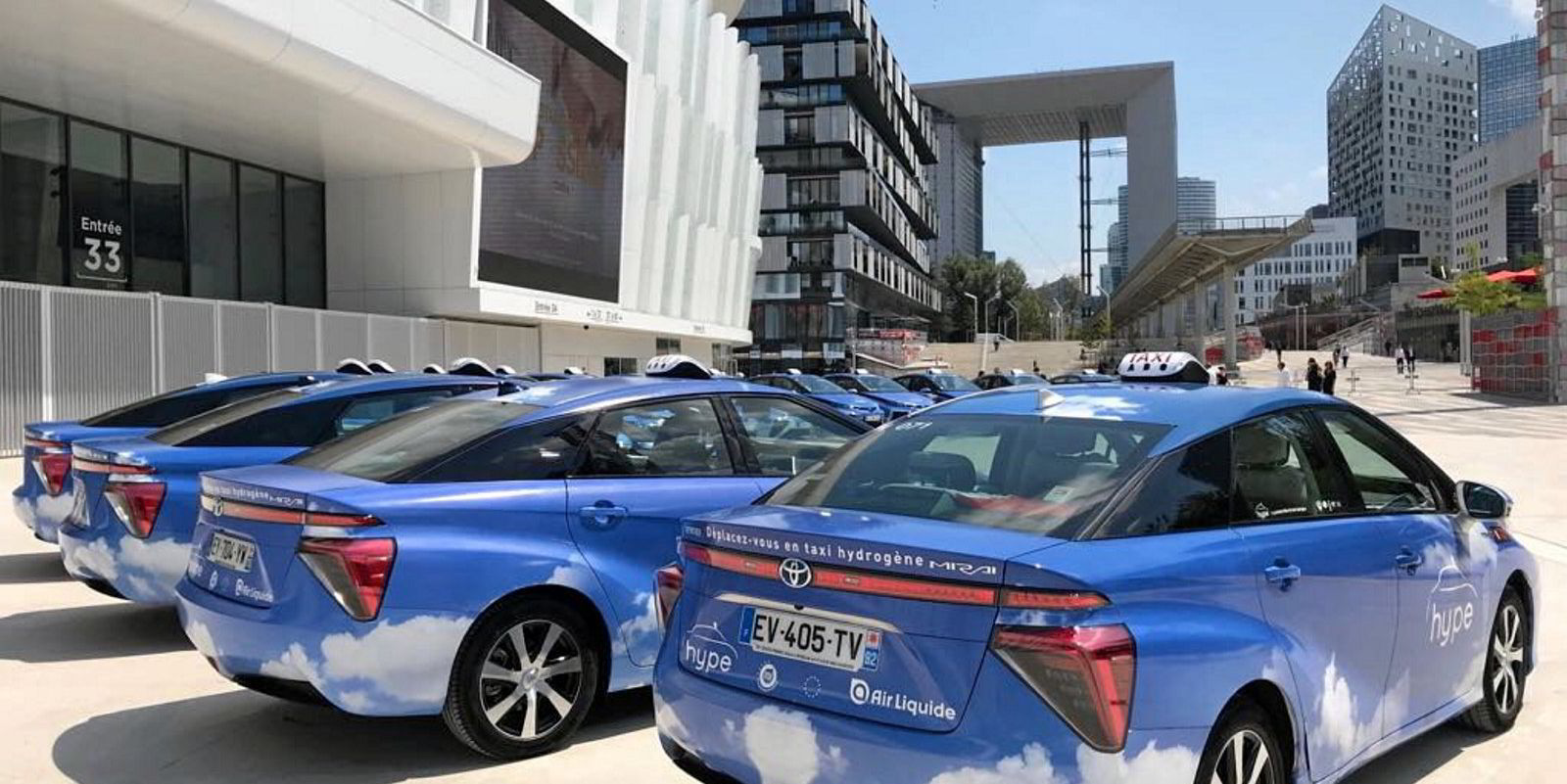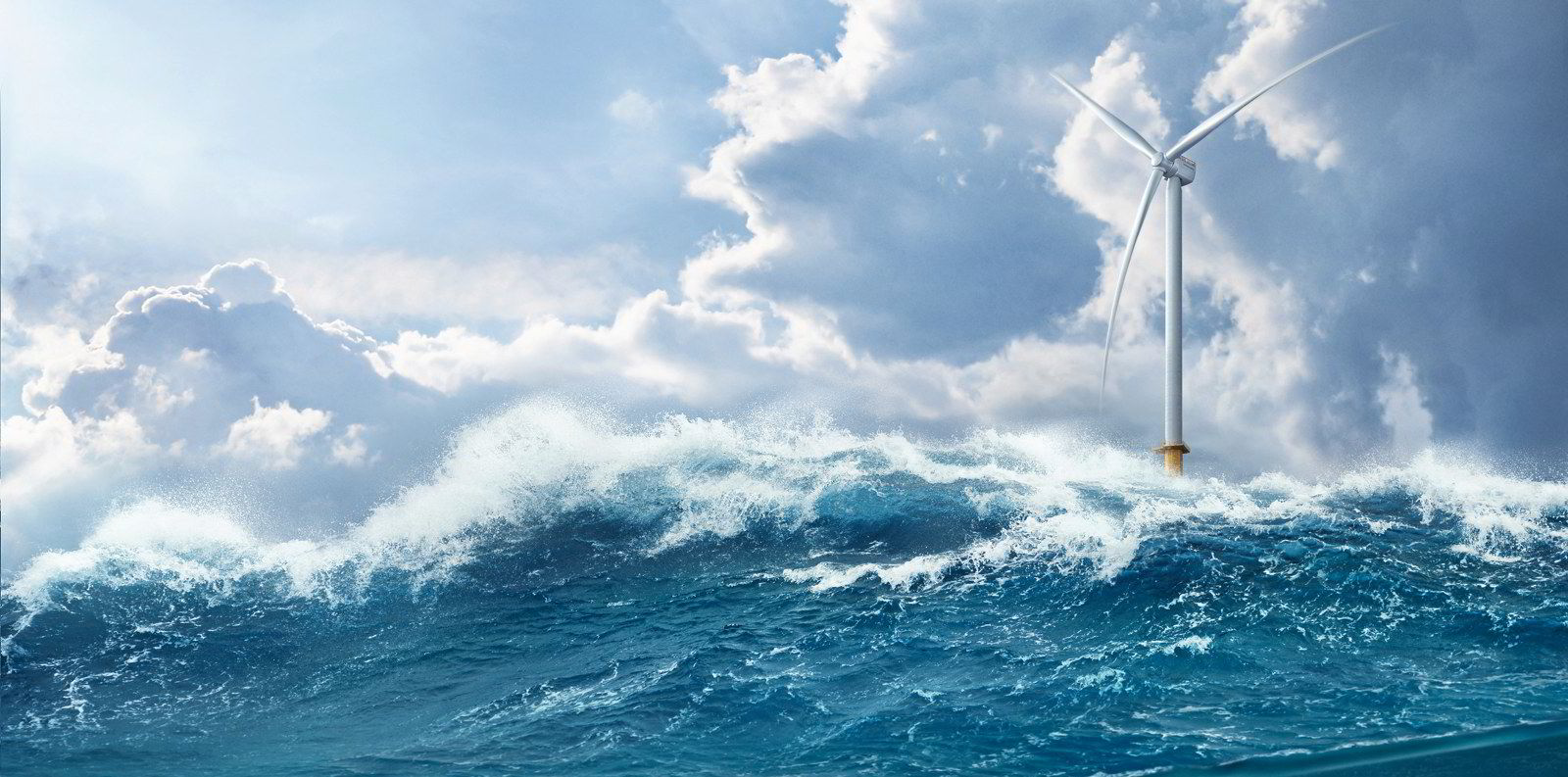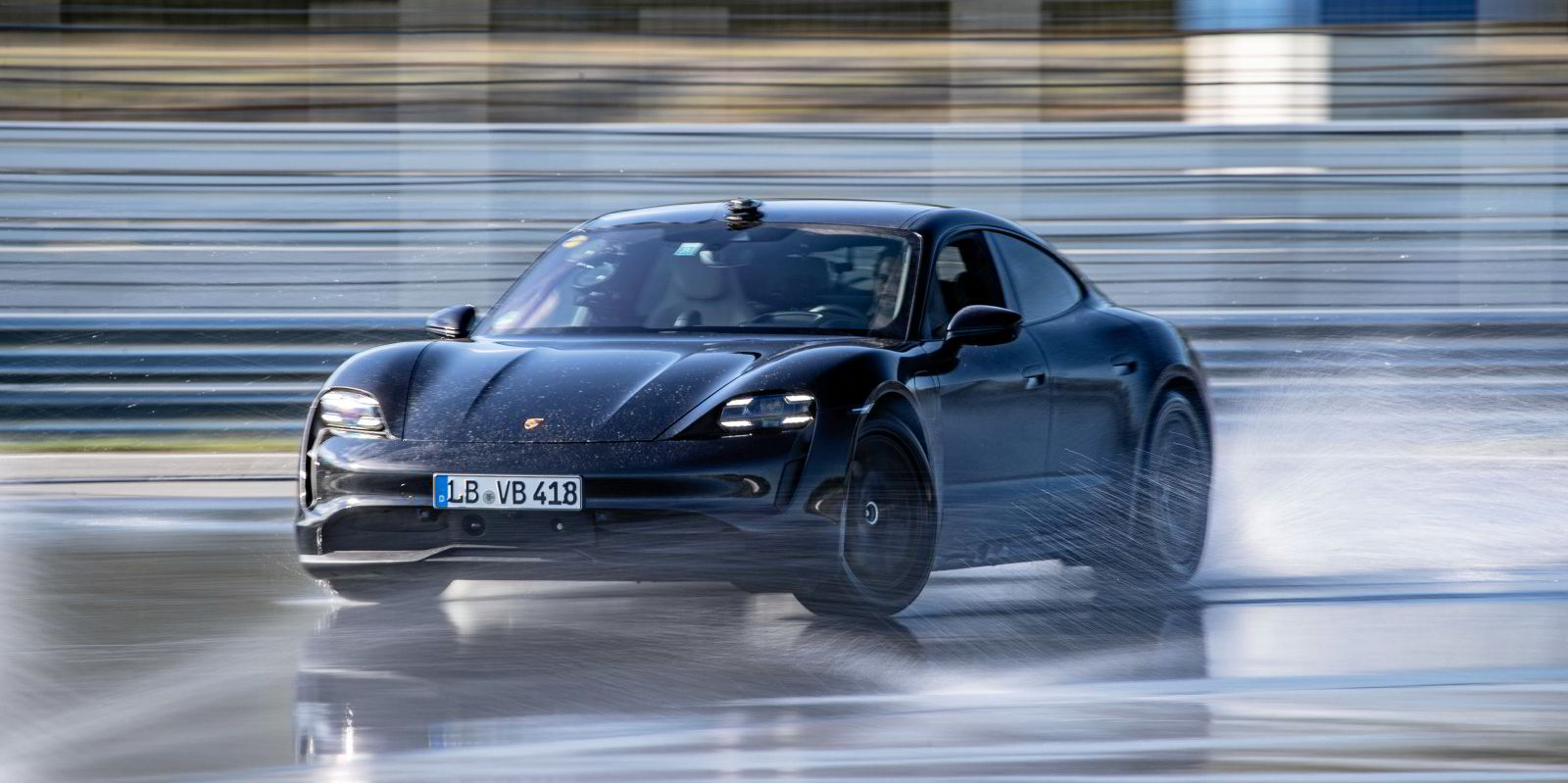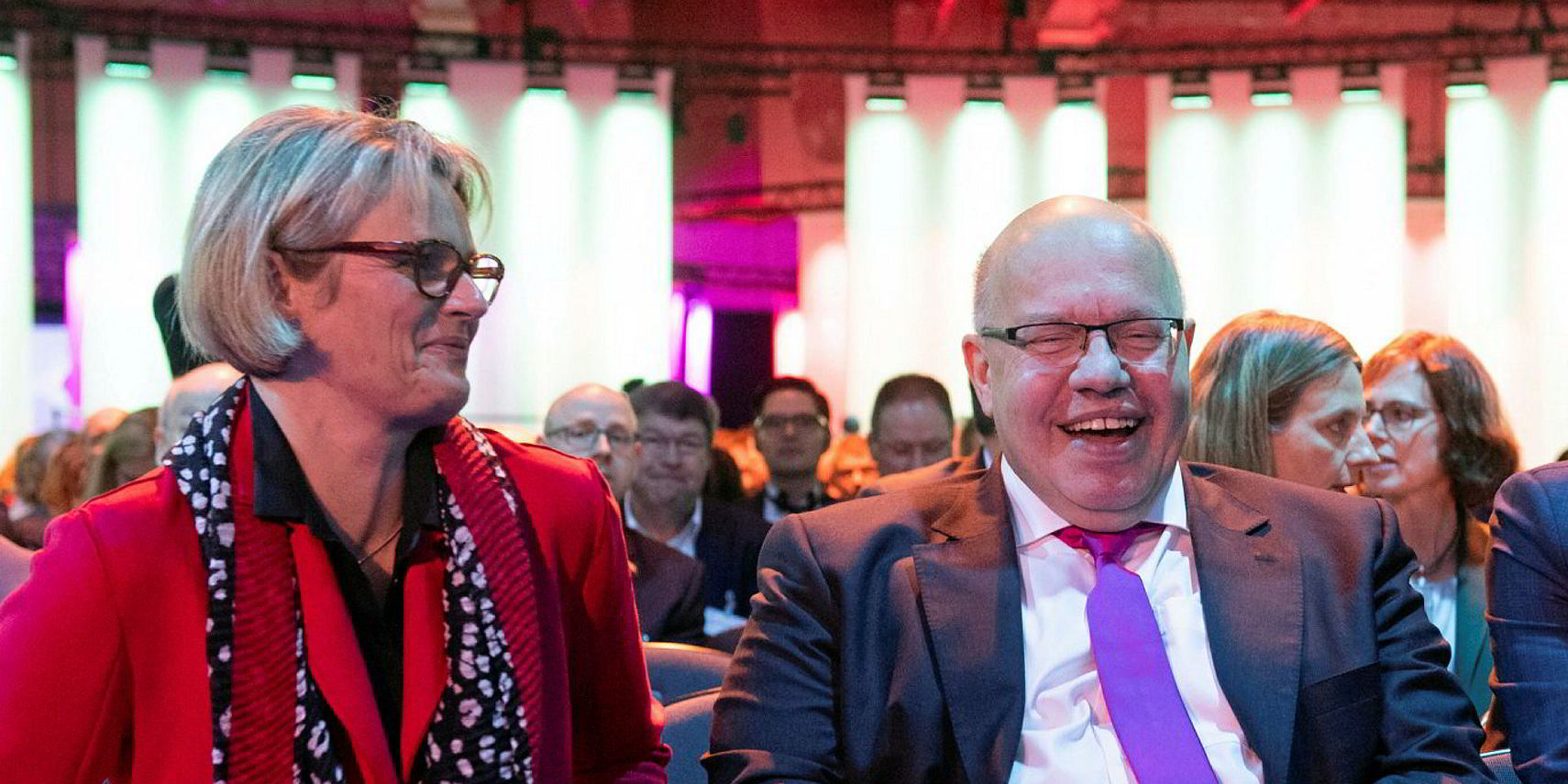Siemens Energy and French industrial gases company Air Liquide have signed a memorandum of understanding (MoU) to combine their expertise in proton exchange membrane (PEM) electrolysis technology with the goal to create industrial-scale hydrogen projects in Europe.
Get the market insight you need into the global oil & gas industry's energy transition – from the new newsletter from Upstream and Recharge. Sign up here
The two companies also seek funding from the EU and the French and German governments in order to build up what they call a ‘European ecosystem’ for electrolysis and hydrogen technology.
“Hydrogen is a key enabler of the energy transition. In the context of an unprecedented acceleration in Europe of hydrogen technologies and markets, the time to scale-up is now, notably in France and Germany,” Air Liquide chief executive Benoît Potier said.
“The partnership between Air Liquide and Siemens Energy paves the way for the creation of a leading European ecosystem capable of supplying decarbonised hydrogen at competitive prices and promoting the emergence of a low-carbon society.”
Germany and France, as well as the EU, have ambitious strategies to ramp-up the production of both electrolysers and green hydrogen (produced from renewable power) by 2030.
The move could be seen as a reaction to ITM Linde Electrolysis — the joint venture between Air Liquide's biggest rival in the industrial gases space, Linde, and ITM Power, the world's largest electrolyser manufacturer — which already has a pipeline of about $350m worth of green hydrogen projects.
Siemens Energy said its cooperation with Air Liquide aims on focusing on the co-creation of large industrial-scale hydrogen projects in collaboration with customers, laying the ground for mass manufacturing of electrolysers in Europe, especially in Germany and France, and R&D activities to co-develop next generation electrolyser technologies.
“Building up a sustainable hydrogen economy will still require to amend the framework conditions in the energy market. However, it will be through partnerships and collaboration that we can shape this market,” Siemens Energy CEO Christian Bruch said. The company last year spun off its parent Siemens in a €16bn ($19.2bn) stock market debut in Frankfurt.
Support from Paris and Berlin
Siemens Energy and Air Liquide under the cooperation deal plan to jointly apply for large projects funding under the EU’s Green Deal and Important Project of Common European Interest (IPCEI)-scheme for hydrogen.
The companies have identified Air Liquide’s H2V project in Normandy, France, with a 200MW electrolyser capacity as a first opportunity for their cooperation.
The French and German governments expressively support the cooperation deal.
”Hydrogen is a key element for the success of Germany’s energy transition and crucial for European and global efforts to combat climate change,” German economics and energy minister Peter Altmaier said.
“Germany is strongly committed to support the market ramp up of hydrogen technologies and is working hard towards European Hydrogen IPCEIs.
“Against this background, I very much welcome that Siemens Energy and Air Liquide join forces in this domain and I am looking forward to seeing strong Franco-German hydrogen projects coming online soon.”
Bruno Le Maire, French minister of economy, finance and recovery, stressed that France as part of its ‘France Relance’ programme plans to invest €7bn in hydrogen between now and 2030.
“The ambitious project of Air Liquide and Siemens Energy is only the beginning of an industrial cooperation that must develop beyond a Franco-German alliance.”




